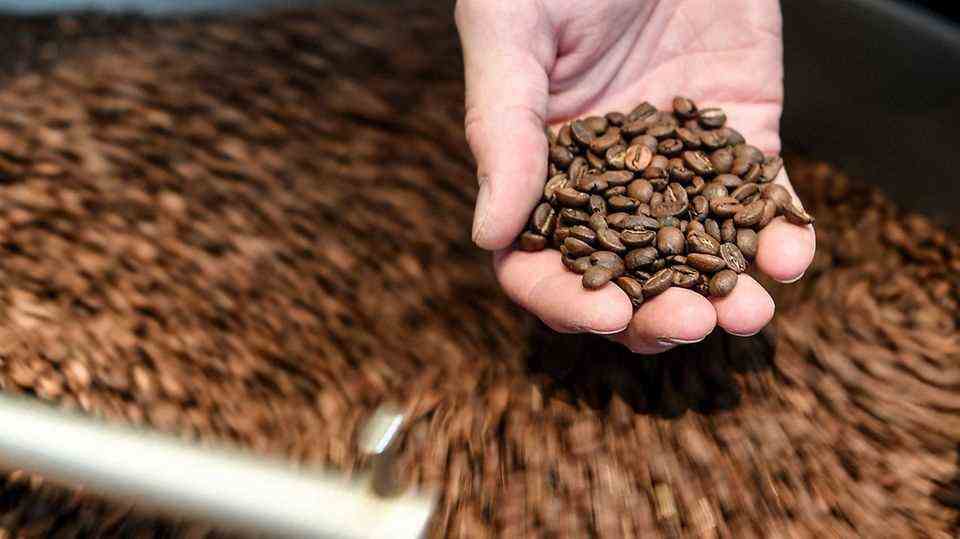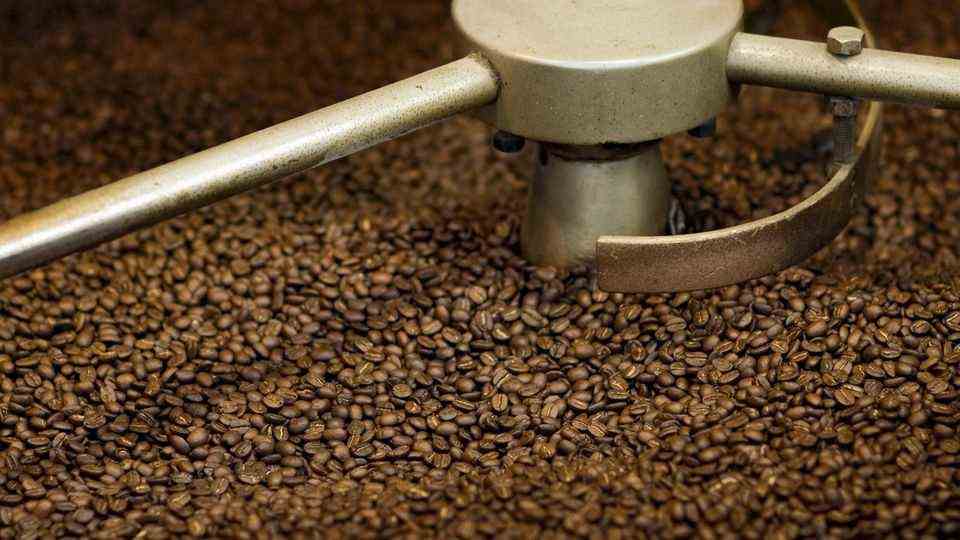Pollutants and lack of transparency
Ökotest fails a number of types of coffee – only one is “good”
For many, a hot drink is part of the start of the day.
© Chen Sihan // Picture Alliance
Ökotest has checked 20 types of coffee and is sobered. Almost half of the coffees rattle through the test. But that’s not because of the taste.
A morning without coffee is as unthinkable for many as a car without an engine. But what is good coffee? One that tastes good, of course. Origin, transparency and sustainability are also becoming increasingly important. Do the providers meet these requirements? Ökotest tested 20 ground coffees from high-selling brands, including products from supermarkets and discounters. The result of the test is sobering. It’s not the taste.
Ökotest is only worth a measly sentence, but the taste of what the providers deliver is quite impressive. More than half of the coffees tasted “good” or even “very good”. Only one failed in terms of taste. The “Rösta Classic Strong”, a Norma own brand, smelled old and tasted rough. The testers judged it to be “poor”. The discounter then removed the batch from sale.
Pollutants in coffee
Despite the positive taste balance, Ökotest is not at all satisfied with many products. One reason for this is the ingredients. “Many coffees have problems with two pollutants that arise during roasting,” the testers write. Acrylamide and furans are meant. At least one of the substances was found in every coffee and that, according to the Ökotest, increased.
Although the values are far below the EU guide values, Ökotest is based on the assessment of the European Food Safety Authority (Efsa). Based on animal experiments, this assumes that these substances potentially increase the risk of cancer and that furans can also damage the liver in the long term – Ökotest assesses accordingly strictly. “Gepa Faires Pound Organic Coffee from Fair Trade” scores best, which is also otherwise convincing and with an overall rating of “good” makes it the test winner. However, that costs. At 8.49 euros per 500 grams, it is the most expensive coffee in comparison.
How sustainable is the work?
However, factors such as growing conditions and transparency are also paid for. Topics that Ökotest particularly focused on in the comparison. Are the supply chains traceable, is there a code of conduct that regulates issues such as child labor, forced labor and discrimination? In order to clarify these questions, Ökotest presented the providers with a questionnaire that was developed together with Control Union Certifications Germany. Especially with well-known brands, the testers are now going hard.
While the organic suppliers disclosed their supply chains in the test and were also able to provide evidence, the big brands did not succeed, writes Ökotest. The testers were particularly disappointed by the company “Röstfein”, which left the questionnaire completely unanswered. At the end of the day, the coffee has to be satisfied with a “poor” rating, but it is in illustrious company. Almost half of all coffees fail the Ökotest – eight are “unsatisfactory” and one is even “unsatisfactory”. At the bottom of the list is Darboven’s “Rush Coffee”. Although it is one of the most expensive in comparison, it is not worth buying. Ökotest awards the worst of all grades.

Dennree, among others, does better. According to the Ökotest, the “strong, aromatic coffee, ground as fine as a filter” not only tastes “good”, it also delivers a “satisfactory” result in other respects, making it one of the top 5 in the test. Since it costs only about half as much as the test winner, 4.29 per 500 grams, Dennree coffee is the price-performance winner.
You can find all the results of the test for a fee oekotest.de.



